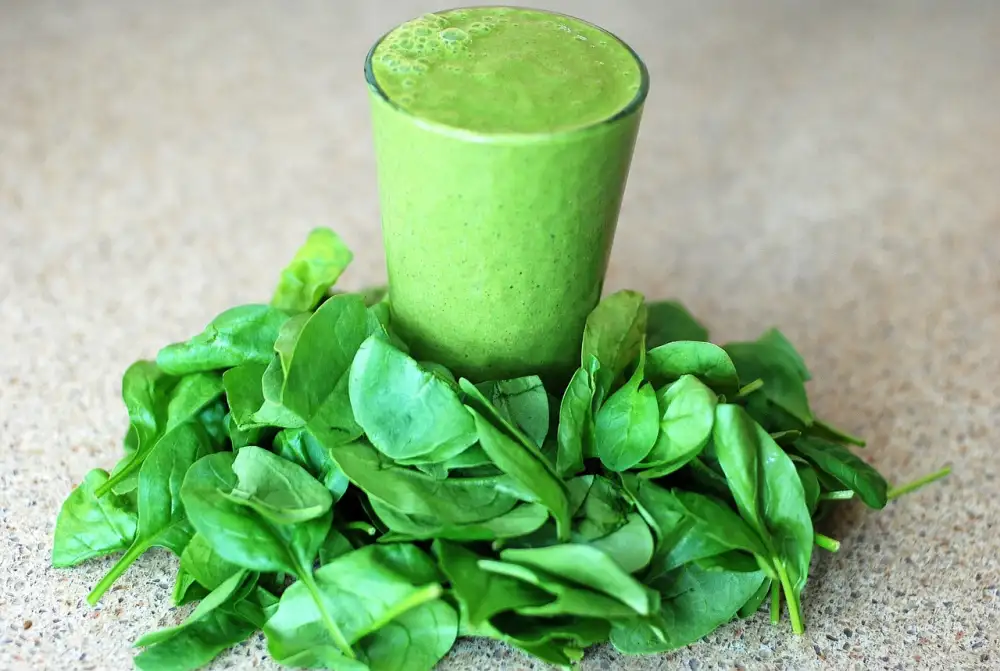Power Up Your Health: Discover the Best High Protein Vegetarian Foods

- Benefits of including high protein foods in a vegetarian diet
- Top sources of plant-based protein for vegetarians
- Legumes: A powerhouse of protein for vegetarians
- Nuts and seeds: A delicious and protein-rich addition to a vegetarian diet
- Grains and pseudocereals: A surprising source of protein for vegetarians
- Dairy and dairy alternatives: Protein-packed options for vegetarians
- Incorporating high protein vegetarian foods into your meals
- Tips for maximizing protein absorption from vegetarian sources
Many people believe that a vegetarian diet lacks sufficient protein. However, this is far from the truth. There are numerous plant-based sources of protein that can provide all the essential amino acids needed for a healthy body. Whether you are a vegetarian or simply looking to incorporate more plant-based foods into your diet, understanding the power of high protein vegetarian foods is key. In this article, we will explore the benefits of including these foods in your diet and discover the top sources of plant-based protein for vegetarians. Get ready to power up your health with delicious and nutritious vegetarian options!
Benefits of including high protein foods in a vegetarian diet
Including high protein foods in a vegetarian diet offers numerous benefits. Firstly, it helps to meet the body's daily protein requirements, which is essential for muscle growth and repair. Secondly, high protein foods help to increase satiety and promote weight management by reducing hunger cravings. Thirdly, they provide a steady source of energy throughout the day. Lastly, incorporating these foods can improve overall health by reducing the risk of chronic diseases such as heart disease and diabetes.
Top sources of plant-based protein for vegetarians
Top sources of plant-based protein for vegetarians include legumes, nuts and seeds, grains and pseudocereals, and dairy and dairy alternatives. Legumes such as lentils, chickpeas, and black beans are excellent sources of protein. Nuts like almonds and cashews, as well as seeds like chia and hemp seeds, are also packed with protein. Grains like quinoa and amaranth, along with pseudocereals like buckwheat, provide a surprising amount of protein. Lastly, dairy products like Greek yogurt and cheese, as well as dairy alternatives like soy milk and tofu, offer protein-rich options for vegetarians.
Legumes: A powerhouse of protein for vegetarians
Legumes, such as lentils, chickpeas, and black beans, are a true powerhouse of protein for vegetarians. These plant-based wonders pack a punch when it comes to protein content. Just one cup of cooked lentils contains around 18 grams of protein, making it an excellent choice for those looking to increase their protein intake. Chickpeas are also a great source of protein, with about 15 grams per cup. Black beans are not far behind either, offering around 15 grams per cup. Incorporating legumes into your diet is not only a delicious way to boost your protein intake but also provides essential nutrients like fiber and iron. So whether you're enjoying a hearty lentil soup or whipping up some homemade hummus with chickpeas, legumes should be a staple in any vegetarian's diet.
Nuts and seeds: A delicious and protein-rich addition to a vegetarian diet
Nuts and seeds are not only delicious but also a great addition to a vegetarian diet due to their high protein content. Almonds, walnuts, cashews, and pistachios are all excellent sources of protein. Similarly, chia seeds, flaxseeds, and hemp seeds provide a significant amount of protein. These plant-based options can be easily incorporated into meals or enjoyed as snacks, making them a convenient choice for vegetarians looking to boost their protein intake.
Grains and pseudocereals: A surprising source of protein for vegetarians
Grains and pseudocereals are often overlooked when it comes to protein content, but they can be a surprising source of this essential nutrient for vegetarians. Quinoa, for example, is not only packed with protein but also contains all nine essential amino acids. Other grains like amaranth, buckwheat, and teff are also excellent sources of plant-based protein. These versatile ingredients can be used in a variety of dishes such as salads, soups, and even as a substitute for rice or pasta. By incorporating these grains and pseudocereals into your vegetarian diet, you can power up your health with their high protein content.
Dairy and dairy alternatives: Protein-packed options for vegetarians
Dairy products and their alternatives are excellent sources of protein for vegetarians. Greek yogurt, cottage cheese, and whey protein powder are all high in protein. For those who prefer plant-based options, soy milk, almond milk, and tofu are great choices. These dairy alternatives offer a comparable amount of protein while being lactose-free. Including these protein-packed options in your diet can help meet your daily protein needs and support muscle growth and repair.
Incorporating high protein vegetarian foods into your meals
Incorporating high protein vegetarian foods into your meals is easier than you might think. Start by adding legumes like lentils, chickpeas, and black beans to your salads, soups, and stir-fries. Sprinkle nuts and seeds such as almonds, chia seeds, and pumpkin seeds on top of your yogurt or oatmeal for an extra protein boost. Swap out refined grains for whole grains like quinoa and brown rice to increase your protein intake. Lastly, try incorporating dairy alternatives like tofu or tempeh into your stir-fries or sandwiches for a delicious protein-packed meal.
Tips for maximizing protein absorption from vegetarian sources
To maximize protein absorption from vegetarian sources, it's important to consider a few key tips. Firstly, combining different plant-based protein sources can create a complete amino acid profile. For example, pairing legumes with grains or seeds can enhance the quality of protein intake. Secondly, including foods rich in vitamin C, such as citrus fruits or bell peppers, can aid in iron absorption from plant-based proteins. Additionally, soaking and sprouting legumes and grains can increase their digestibility and nutrient availability. Lastly, incorporating fermented foods like tempeh or miso can improve gut health and enhance protein absorption. By following these tips, you can optimize your protein intake from vegetarian sources for better overall health.
In conclusion, embracing a high protein vegetarian lifestyle can provide numerous benefits for optimal health. By incorporating plant-based sources of protein into your diet, you can ensure that you are meeting your nutritional needs while also enjoying a variety of delicious and nutritious foods. Whether it's legumes, nuts and seeds, grains and pseudocereals, or dairy alternatives, there are plenty of options to choose from. Remember to maximize protein absorption by combining different sources and including vitamin C-rich foods in your meals. So power up your health by discovering the best high protein vegetarian foods and enjoy the benefits of a balanced and nutritious diet.
Published: 10. 01. 2024
Category: Health



